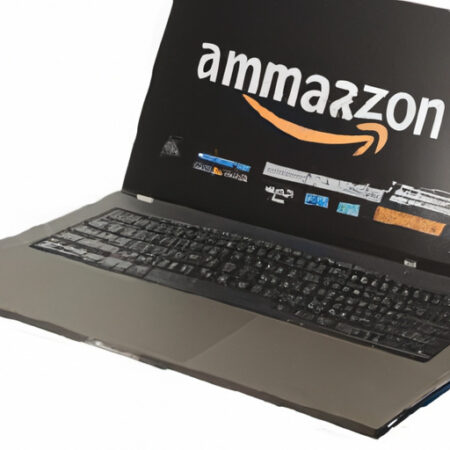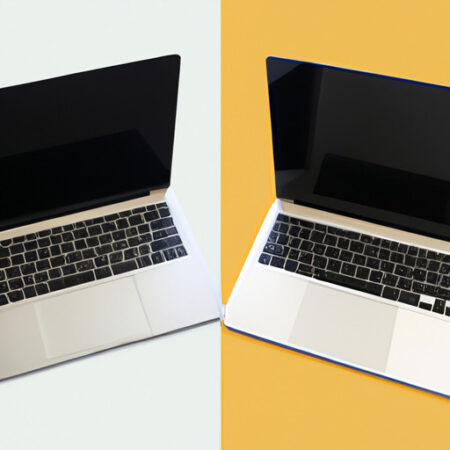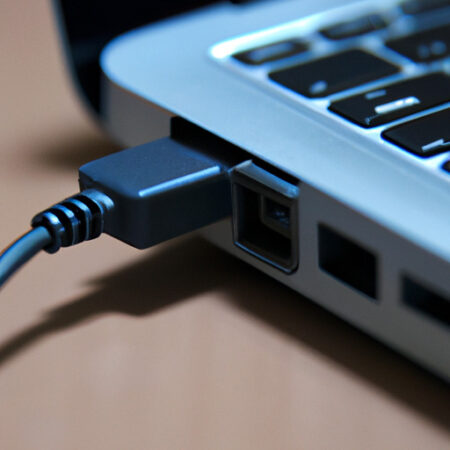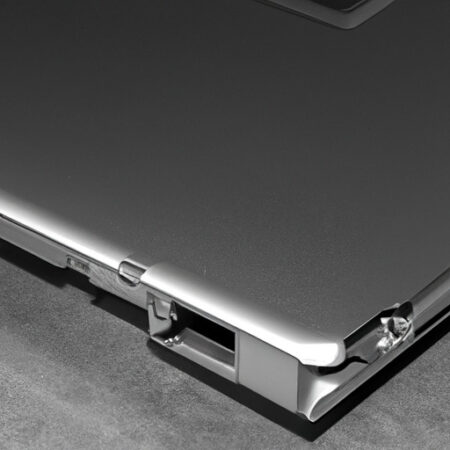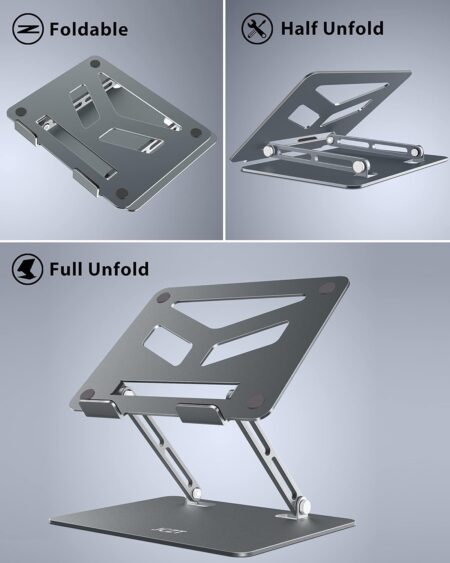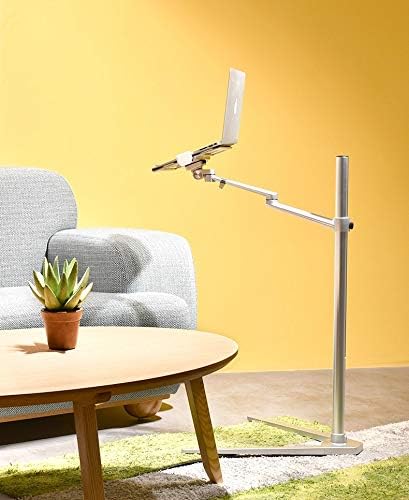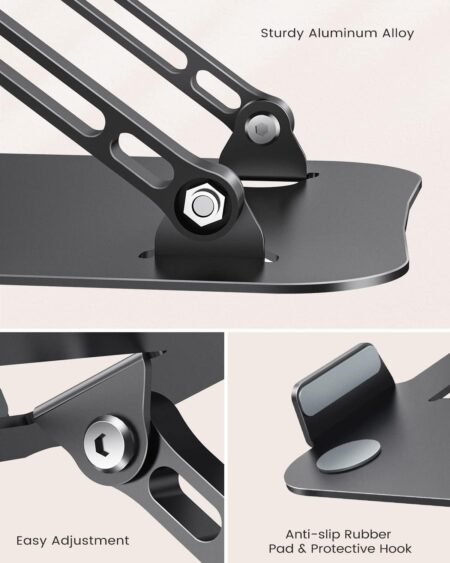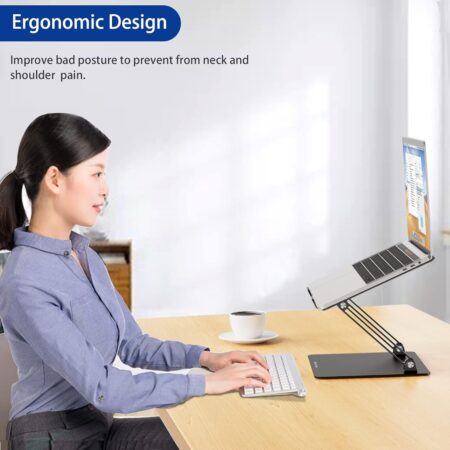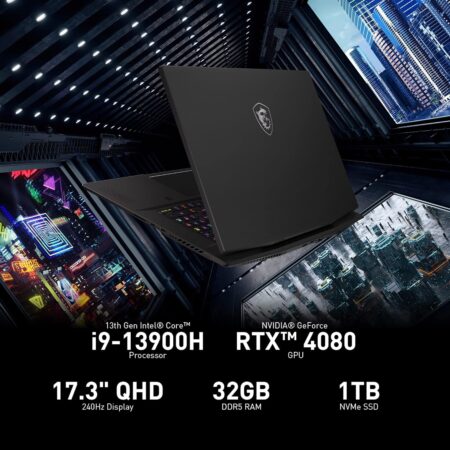Are refurbished laptops good? Before making a decision, it’s important to consider various factors such as the age, condition, specifications, battery health, and warranties of the laptop. Purchasing from a reputable source or certified seller can help minimize risks associated with hardware problems or malware. When disposing of a laptop, remember to back up important files, wipe the hard drive to protect personal data, and consider donating, recycling, or selling it rather than sending it to a landfill. Laptops offer benefits such as portability, space-saving, all-in-one functionality, energy efficiency, flexibility, and built-in features like webcams and microphones. However, desktops still have advantages in terms of upgradability, power, and cost for performance in specific situations. So, it ultimately comes down to individual needs and preferences.
Purchasing a Used Laptop
When considering purchasing a used laptop, there are several important factors to take into account. Firstly, it’s crucial to determine the laptop’s age and overall condition. An older laptop may have more wear and tear, potentially leading to hardware problems or a shorter lifespan. Checking for any physical damages such as cracks or dents can give you an idea of how well the laptop has been taken care of.
In addition to the laptop’s physical condition, it’s essential to verify its specifications and performance. This includes checking the processor speed, RAM, storage capacity, and graphics card, depending on your specific needs. Knowing the laptop’s specifications will help ensure that it can handle the tasks you require, whether it’s basic internet browsing or intensive graphic design work.
Battery health is another important consideration when purchasing a used laptop. Batteries naturally degrade over time, so it’s essential to check how well the battery holds a charge. Ask the seller about the battery’s age and usage patterns to determine if it will meet your needs. Replacing a laptop battery can be costly, so it’s crucial to factor this into your decision-making process.
Furthermore, it’s vital to inquire about any existing warranties that may still be in effect. Some laptops are sold with transferable warranties, which can provide reassurance in case any issues arise after your purchase. Understanding the terms and duration of the warranty will give you peace of mind and potential support if any problems occur.
To minimize risks associated with potential hardware problems or malware, it’s recommended to buy from reputable sources or certified sellers. Purchasing from well-known retailers or professional refurbishers can provide added assurance of the laptop’s quality and condition. It’s also important to meet with the seller in person to inspect the laptop thoroughly and test all its functions before finalizing the purchase.
Disposing of a Laptop
Properly disposing of a laptop is essential to protect your personal data and the environment. The first step is to ensure that all personal information is securely removed from the device. Before disposal, it’s crucial to back up any necessary files to an external hard drive, a cloud storage service, or another computer. This will prevent the loss of any valuable data or important documents.
Once you have backed up your files, it’s important to wipe the laptop’s hard drive to remove any personal data completely. There are various software programs available that can securely erase all data, making it nearly impossible for anyone to recover. It’s recommended to perform a multi-pass wiping process to ensure that all files are thoroughly and permanently deleted.
Instead of sending the laptop to a landfill, it is highly encouraged to explore alternative disposal options such as donation, recycling, or selling. Donating the laptop to a charitable organization or a school can provide someone else with a useful device while extending its lifespan. Many electronic retailers also offer recycling programs, ensuring that the laptop is properly recycled and the components are reused whenever possible.
Recycling laptops and other electronic devices is essential to minimize the environmental impact of e-waste. Electronics can contain harmful chemicals such as lead, mercury, and cadmium that can leach into the environment if not properly disposed of. Many localities have e-waste recycling services or designated drop-off points where you can safely recycle your laptop. These services ensure that hazardous materials are handled responsibly and that valuable components are recovered and reused.
Benefits of a Laptop over a Desktop
Laptops offer several advantages over desktop computers, making them a popular choice for many users. One of the primary benefits is portability. With their lightweight and compact design, laptops allow you to work, study, or enjoy entertainment from anywhere. Whether you’re in a coffee shop, on a plane, or at a friend’s house, your laptop can go wherever you do.
Another advantage of a laptop is its space-saving nature. Unlike a desktop setup that requires a separate monitor, tower, keyboard, and mouse, a laptop combines all these components into one device. This makes it ideal for individuals with limited space or for those who prefer a clutter-free environment. Laptops are especially popular in shared living spaces where desk space is at a premium.
The all-in-one design of a laptop is also advantageous. With a built-in monitor, keyboard, touchpad, and speakers, you don’t need to purchase additional external devices. This reduces the number of cables and accessories cluttering your workspace and simplifies the setup process. It also makes laptops more convenient for travel, as you don’t need to carry extra peripherals.
Energy efficiency is another benefit of a laptop compared to a desktop computer. Laptops generally consume less power, resulting in potential savings on electricity bills. This is especially important for individuals who use their laptops for extended periods or for those who prioritize energy efficiency in their daily lives.
Laptops also offer flexibility when it comes to peripherals and docking stations. Many modern laptops can be easily connected to external monitors, keyboards, and mice, effectively turning them into desktop-like workstations when needed. This allows users to enjoy the benefits of a larger screen or a more ergonomic keyboard setup while still having the portability of a laptop.
Integrated features such as webcams and microphones are another advantage of laptops. These built-in components are essential for video conferencing, online courses, or even just video chats with friends and family. Having these features readily available means you don’t need to invest in additional equipment, saving both money and clutter.
Battery backup is a significant benefit of laptops, especially during power outages or when traveling. The built-in battery allows you to continue using the laptop for a limited time without the need for external power. This can be particularly useful for individuals who need to work or access important files during unexpected power disruptions.
While laptops offer many benefits, it’s important to assess your individual needs when considering a laptop versus a desktop. Desktop computers still have advantages in terms of upgradability, raw power, and cost for performance in certain scenarios. It’s essential to consider factors such as your usage patterns, specific tasks you need to perform, and your budget when deciding between a laptop and a desktop computer.
Are Refurbished Laptops Good?
Refurbished laptops can be a practical and cost-effective alternative to buying new laptops. Refurbished laptops refer to devices that were previously used, returned, or repaired, and have undergone a thorough inspection and restoration process to ensure they meet specific quality standards. While some people may have concerns about their reliability, there are several advantages to consider when it comes to refurbished laptops.
One of the primary advantages of refurbished laptops is the cost savings compared to purchasing a brand new laptop. Refurbished laptops are often significantly cheaper, allowing you to get a similar level of performance and functionality at a lower price point. This can be particularly beneficial for individuals on a tight budget or those who need multiple devices for their business or educational purposes.
Despite being used or repaired, refurbished laptops are typically of good quality and reliability. They undergo rigorous testing and restoration processes to ensure that they are in proper working condition. Professional refurbishers often replace any faulty components and repair any damage to ensure that the laptop is functioning as close to new as possible. This means that you can expect a reliable device that meets your needs.
When purchasing a refurbished laptop, it’s important to choose trustworthy sources. Reputable sellers or manufacturers often provide detailed information about the refurbishment process and the warranty included with the laptop. It’s recommended to research and read reviews to ensure that you are buying from a reputable source with a track record of providing quality refurbished laptops.
Another advantage of refurbished laptops is that they often come with a warranty and after-sales support. This means that if any issues arise with the laptop shortly after your purchase, you can have it repaired or replaced under the warranty. The length and coverage of the warranty may vary depending on the seller or manufacturer, so it’s important to review the terms and conditions before making your purchase.
The suitability of a refurbished laptop depends on your individual requirements and preferences. If you have a specific budget or need a laptop for basic tasks such as web browsing, document editing, or streaming media, a refurbished laptop can be an excellent choice. However, if you require the latest technology or need a laptop for demanding tasks like video editing or gaming, you may want to consider a new laptop with higher specifications.
In conclusion, refurbished laptops can be a good option for those looking to save money while still obtaining a reliable and functional device. By understanding the refurbishment process, choosing reputable sources, and considering your individual requirements, you can find a refurbished laptop that meets your needs and offers excellent value for money.




